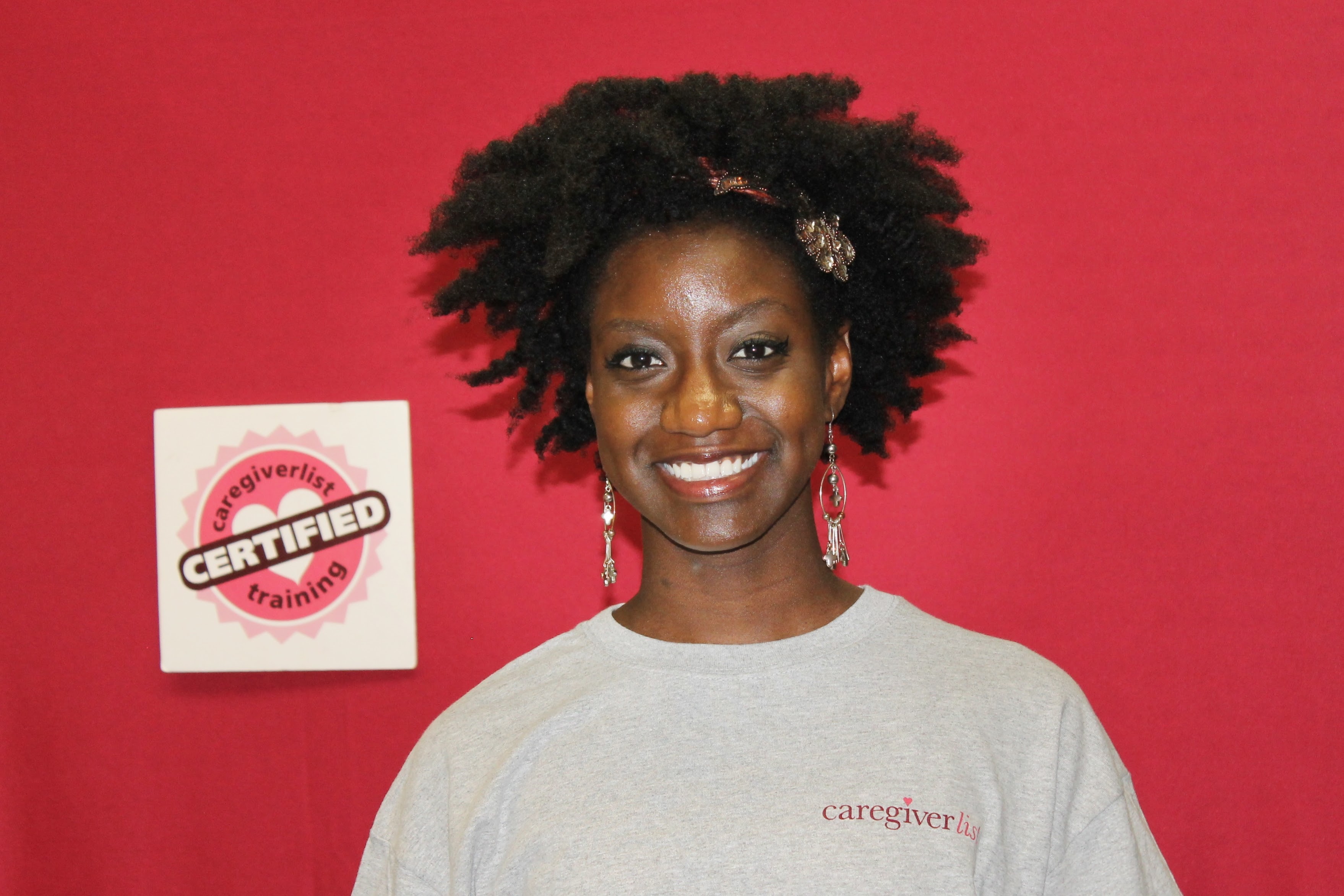If you are a family caregiver, you take on additional responsibilities. Whether you are providing direct care throughout the week or coordinating care from miles away, you are vulnerable to caregiver stress. Unfortunately, many family caregivers end up getting sick themselves.
This is especially true when partners or spouses are caregivers. You’ve seen it play out in the news for famous couples such as Barbara and George H.W. Bush; when one became ill, the other ended up in the hospital as well.
It was not a coincidence. When a senior becomes ill, it’s very common for their spouse to get sick shortly thereafter due to fatigue and caregiver stress, says Francine O’Neill, senior vice president of resident care for The Arbor Company.
“We see this often, especially with couples that have been married for 40, 50, or more years,” said Francine. “And sometimes the caregiver becomes more ill than the person he or she was caring for.”
That deep sense of duty and devotion is not uncommon among senior couples, and many are unwilling to accept help. And that can take a toll on the caregiving spouse’s health.
“People in this generation are often very private and extremely dedicated to each other,” said Francine. “To them, letting others help might feel like ‘giving up.’ We often hear senior caregivers say things like, ‘No one knows him like I do,’ or ‘No one can care for her as well as I can.’”
A study published in the New England Journal of Medicine in 2006 noted that a wife’s hospitalization increases her husband’s chances of dying within a month by 35 percent. A husband’s hospitalization boosted his wife’s mortality risk by 44 percent.
In visiting prospective Arbor residents in their homes, Francine has often witnessed firsthand how determined seniors can be to not ask for help.
“I’ve seen all kinds of things they do to accommodate a situation without asking for help,” she said. For example, there was the woman who put locks on all the doors in her home because she feared her husband, who has dementia, might wander; or there was the couple that moved a bedside commode into the living room, because they could no longer get to the bedroom as easily.
How to Help
Whether a loved one has fallen ill or needs care for an ongoing condition, family members should stay on the lookout for caregiver stress and signs of depression or anxiety, especially if the spouse providing the care is also elderly.
“Look for signs of neglect of self-care: Mom no longer goes to the beauty salon to get her hair done, or Dad is losing weight,” she said. “If the caregiver appears depressed, anxious, or physically exhausted, try to find out what’s happening.”
The best way any family member or friend can help is by offering the caregiver some relief.
“Say, ‘Let me take your place for a day or two, or an hour or so, so you can rest, or go to church, or meet a friend for coffee,’” Francine said. Filling in will also allow you to assess the degree to which the senior caregiver has been taxed. Senior living is also an excellent solution for residents and their loved ones.
Residents living at Arbor communities can also fall victim to caregiver stress even though they have ample resources for getting assistance with caregiving when needed. Staff members at Arbor communities are trained to look for signs that a caregiver is taking on too much and neglecting their own health, and intervene.
“When a resident is staying by a spouse’s side constantly, we encourage the healthier spouse to take breaks,” she said. “A staff member might say to the caregiver, ‘Why don’t you go to the craft class, and we’ll take Bill outside to the courtyard while you’re there.’”
Though an acute illness may trigger caregiver stress, seniors caring for a spouse with a chronic condition, such as dementia or Parkinson’s, are also at risk. According to the Caregiver Action Network, more than 1 in 10 family caregivers report that caregiving has caused their physical health to deteriorate. Nearly 75 percent of family caregivers report not going to the doctor as often as they should, and 63 percent report having poor eating habits.
For long-term situations, Francine urges seniors to consider a support group, whether it’s a general group for caregivers or a specific group for those caring for loved ones with particular conditions or diseases, such as Parkinson’s, Alzheimer’s, or dementia.
“There’s an opportunity at these groups to connect with other people who are experiencing the same things you are,” she said. “It lets people know that they are not alone in this.”
Learn more about how to start the conversation about senior living with our guide, “How to Talk to Your Parent About Senior Living.”






